Harvesting drinking water by making it jump out of foggy air sounds far-fetched, but that is exactly what is achieved by some clever chemistry inspired by the water-gathering exoskeletons of desert beetles.
Research published in the journal RSC Advances reveals how surface coatings with water-attracting and water-repelling regions make water droplets form and jump together into larger droplets that can be collected. The system offers an inexpensive and efficient route to condensing much-needed drinking water from air in arid and semi-arid regions of the world.
Xikui Wang and Youfa Zhang and their colleagues at Southeast University in Nanjing, China, took inspiration from the bumpy surfaces of desert beetles to develop their new technology. The bumps on the beetle’s back promote the formation of water droplets from foggy air. The water is then channelled into the beetle’s mouth, allowing it to survive in the dry wilderness of South West Africa.
To adapt the beetle’s trick for human use, the researchers built a hybrid material by adding silicon carbide particles to a superhydrophobic silicon dioxide coating on aluminium sheets. This created a rough surface with interspersed and interacting water-attracting and water-repelling regions that encouraged tiny water droplets to form.
The water-gathering power of the beetles was then improved by bringing two layers of the synthetic material close together. Remarkably, the forces on the smallest droplets made them jump off the surface and collide. This makes the system more than twice as effective at catching water from the air as single surfaces alone.
Other methods for harvesting water from air do already exist, but the researchers say the new process is easier and will cost less.
While their proof-of-concept work paves the way for building better watercollectors, they also see possible applications for desalination systems to extract drinking water from the sea, and applications in other fields involving heat exchange and water purification.

Submit to RSC Advances today! Check out our author guidelines for information on our article types or find out more about the advantages of publishing in a Royal Society of Chemistry journal.
Article details:
Beetle-like droplet-jumping superamphiphobic coatings for enhancing fog collection of sheet arrays
Xikui Wang, Jia Zeng, Xinquan Yu, Caihua Liang and Youfa Zhang
RSC Advances, 2020, 10, 282-288
DOI: 10.1039/c9ra09329j


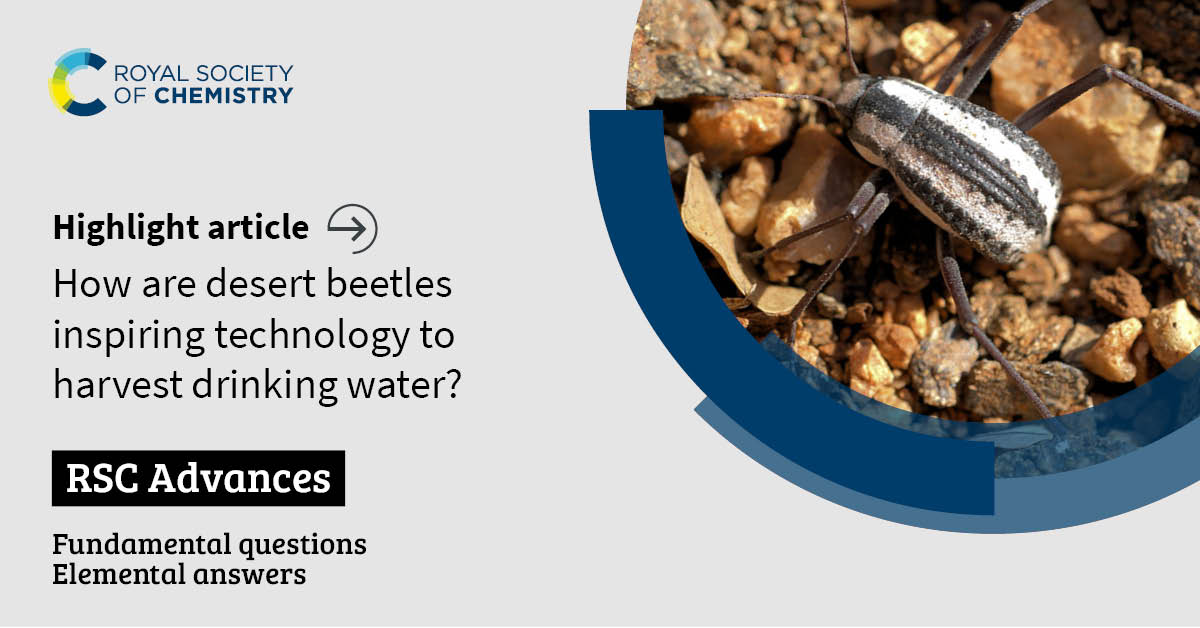










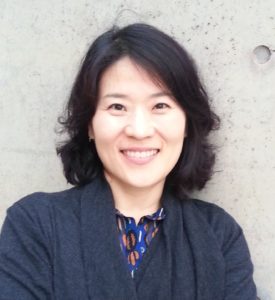
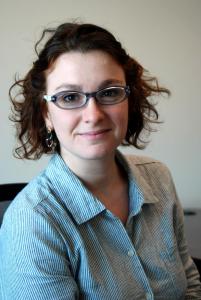
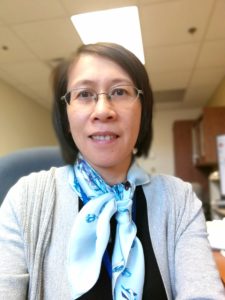

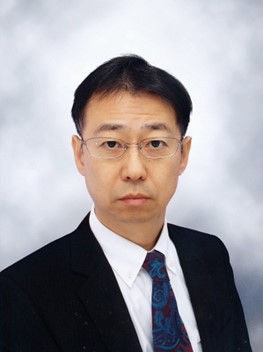
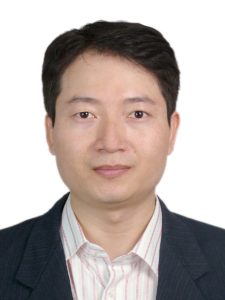 Qingdong Zheng is a Professor of State Key Laboratory of Structural Chemistry in the Fujian Institute of Research on the Structure of Matter, Chinese Academy of Sciences (CAS). He obtained his B.S. (1998), and M.S. (2001) degrees from East China University of Science and Technology, and his Ph.D. degree from the State University of New York at Buffalo in 2005. After carrying out his postdoctoral research at Johns Hopkins University, he joined CAS and took his current position in 2010.
Qingdong Zheng is a Professor of State Key Laboratory of Structural Chemistry in the Fujian Institute of Research on the Structure of Matter, Chinese Academy of Sciences (CAS). He obtained his B.S. (1998), and M.S. (2001) degrees from East China University of Science and Technology, and his Ph.D. degree from the State University of New York at Buffalo in 2005. After carrying out his postdoctoral research at Johns Hopkins University, he joined CAS and took his current position in 2010.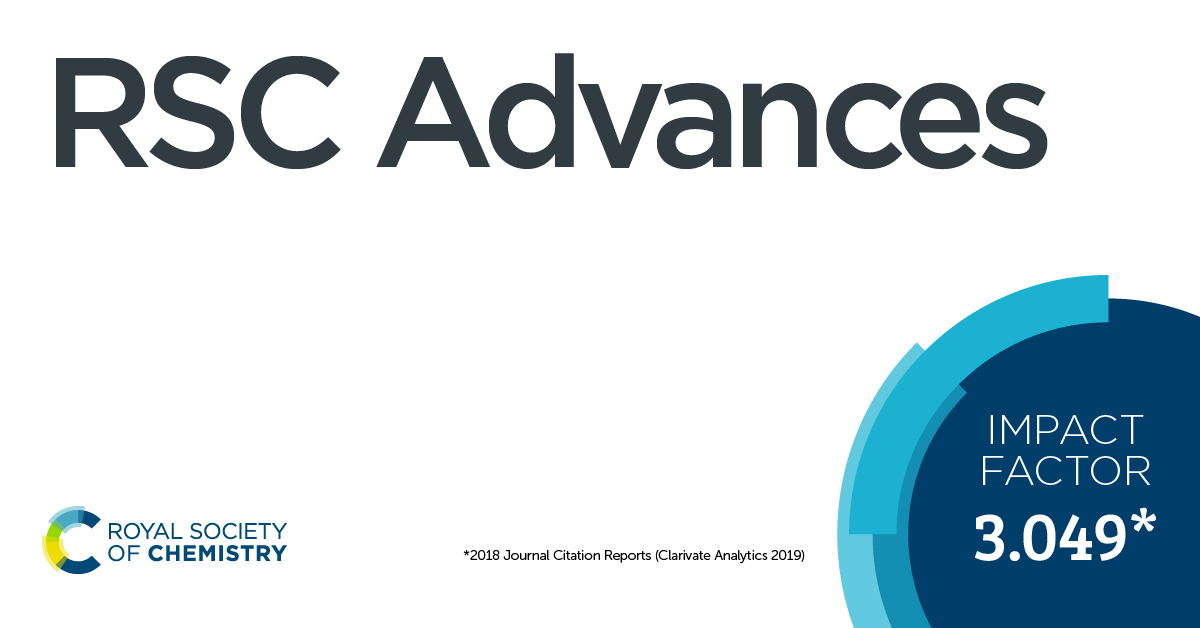
 Employed for close to 34 years at the University of Campinas (UNICAMP) in São Paulo, Brazil, Professor Meireles completed her PhD in Chemical Engineering at Iowa State University. Starting as an Assistant Professor in the School of Food Engineering in 1983, she has since become a Professor and has supervised 50 PhD dissertations, 30 MSc theses and approximately 72 undergraduate research projects. She has also coordinated scientific exchange projects between UNICAMP and European universities in France, Germany, Holland, and Spain. Angela has served as a Head of Department, as Associate Dean for Undergraduate Studies of Food Engineering and as Associated Director at the Chemical, Biological, and Agricultural Pluridisciplinary Research Center.
Employed for close to 34 years at the University of Campinas (UNICAMP) in São Paulo, Brazil, Professor Meireles completed her PhD in Chemical Engineering at Iowa State University. Starting as an Assistant Professor in the School of Food Engineering in 1983, she has since become a Professor and has supervised 50 PhD dissertations, 30 MSc theses and approximately 72 undergraduate research projects. She has also coordinated scientific exchange projects between UNICAMP and European universities in France, Germany, Holland, and Spain. Angela has served as a Head of Department, as Associate Dean for Undergraduate Studies of Food Engineering and as Associated Director at the Chemical, Biological, and Agricultural Pluridisciplinary Research Center. Amanda Garner received her Ph.D. in Chemistry from the University of Pittsburgh working under the supervision of Prof. Kazunori Koide and completed NIH-funded postdoctoral studies in the laboratory of Prof. Kim Janda at The Scripps Research Institute. She began her independent career in 2013 in the Department of Medicinal Chemistry at the University of Michigan.
Amanda Garner received her Ph.D. in Chemistry from the University of Pittsburgh working under the supervision of Prof. Kazunori Koide and completed NIH-funded postdoctoral studies in the laboratory of Prof. Kim Janda at The Scripps Research Institute. She began her independent career in 2013 in the Department of Medicinal Chemistry at the University of Michigan.